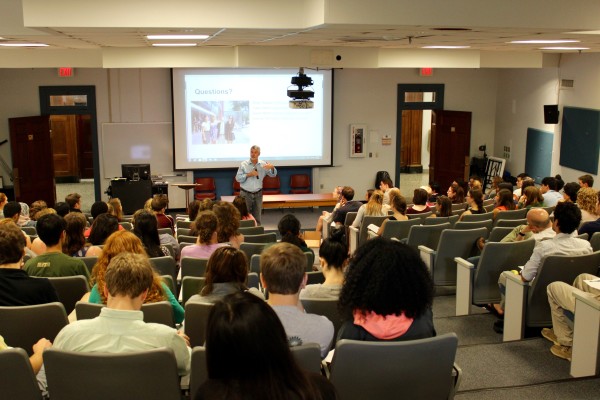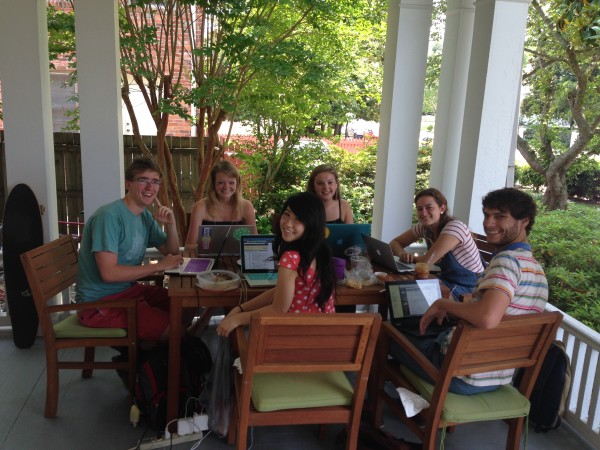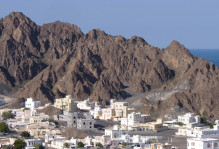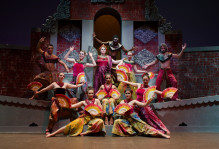Teaching and Application, Forest and the Trees
This semester is my first teaching a course. It has a focus on the application of policy tools in international relations. Each week we discuss a different level of government, such as development, trade, or the use of force.
It is hard to teach. Challenging students while also creating a safe community for questions is difficult. It takes effort to distill the essential information in a way that is not just passed along, but rather sought after, learned, and imprinted. And teaching while also participating in a research lab requires switching between different skill sets. I have increased appreciation for the Institute’s Director, Michael Tierney, and AidData’s Chief Economist, Ariel BenYishay, who manage to do both exceptionally well.
But while different, they are complimentary. Teaching is a forcing act to encourage conciseness and clarity, and it can bring useful frameworks and structures back to the forefront of ongoing research. At times, as the saying goes, we get lost in the forest for the trees, and instructional activities nudge us back to a satellite view that can help reposition our path.
Teaching will never be my full time job. But, I’m glad to have it as part of my day. I’m smarter for it, in having to wrestle with the issues before I step into the classroom and then again updating my understanding as the students and I educate and learn from each other. And the sharing of this knowledge is something I feel strongly about, as I found that one of my principal gaps in the transition from academia to the rings of the Pentagon was the implementation of theory to practice. If I can jumpstart that process for the students in my seminar – and in the process ground myself back in the critical questions facing the policymakers of our country – that is a healthy contribution to research based inquiry.
Such a blend of theory and practice is also valuable to students. The other day I was chatting with Taylor Zevanove ’17 who was an AidData Summer Fellow this past summer (see more of her great work in Uganda). She mentioned that one of her favorite experiences at W&M was taking a class in the morning on campus in Morton and then working on applied research on the same subject that afternoon over here on Scotland Street. Teaching, and application, the forest, and the trees – creating ways to understand the destination while also being engaged in the journey are hallmarks of the liberal arts education.
David Trichler
Director of Programs
Institute for the Theory and Practice of International Relations






No comments.
Comments are currently closed. Comments are closed on all posts older than one year, and for those in our archive.